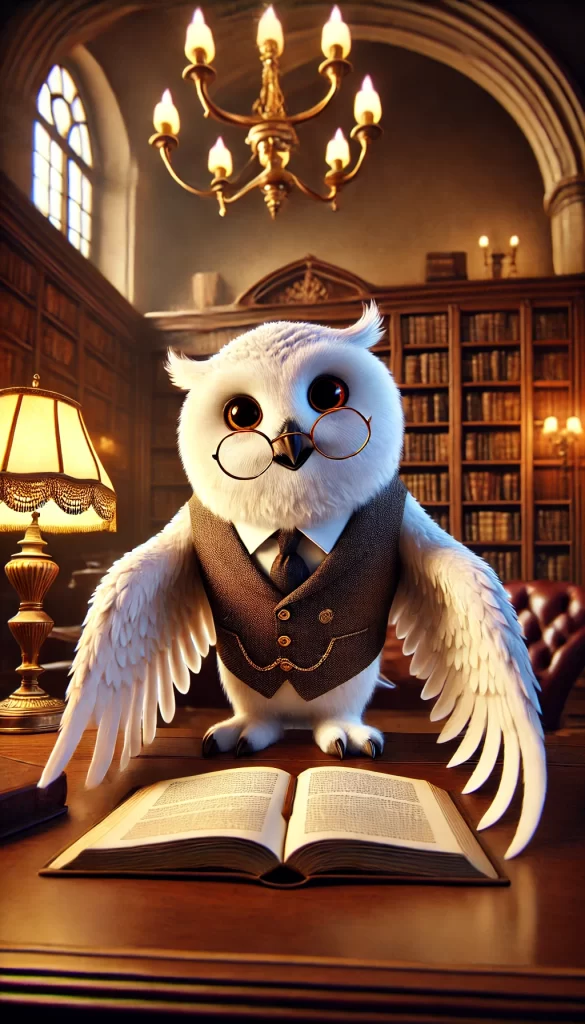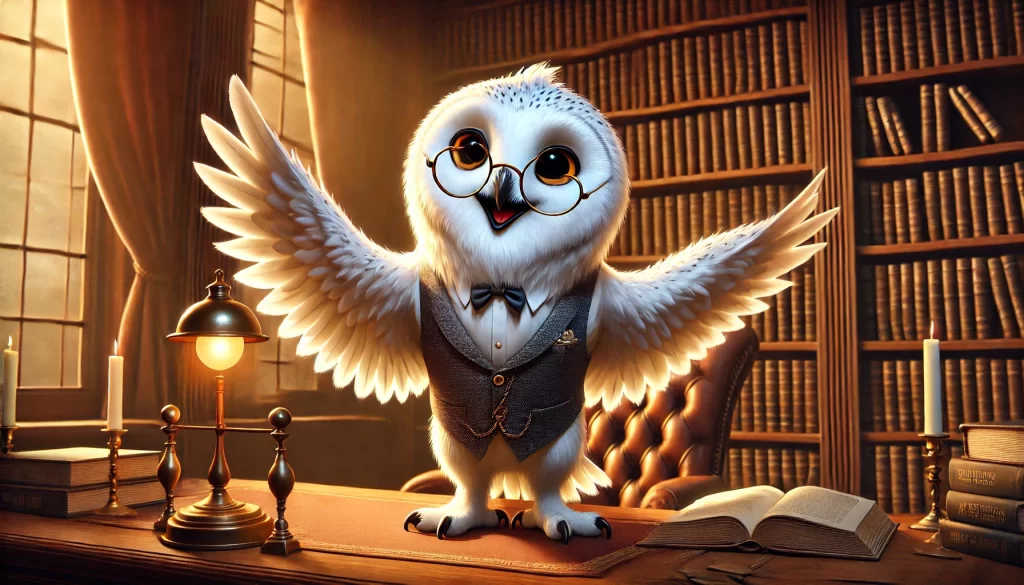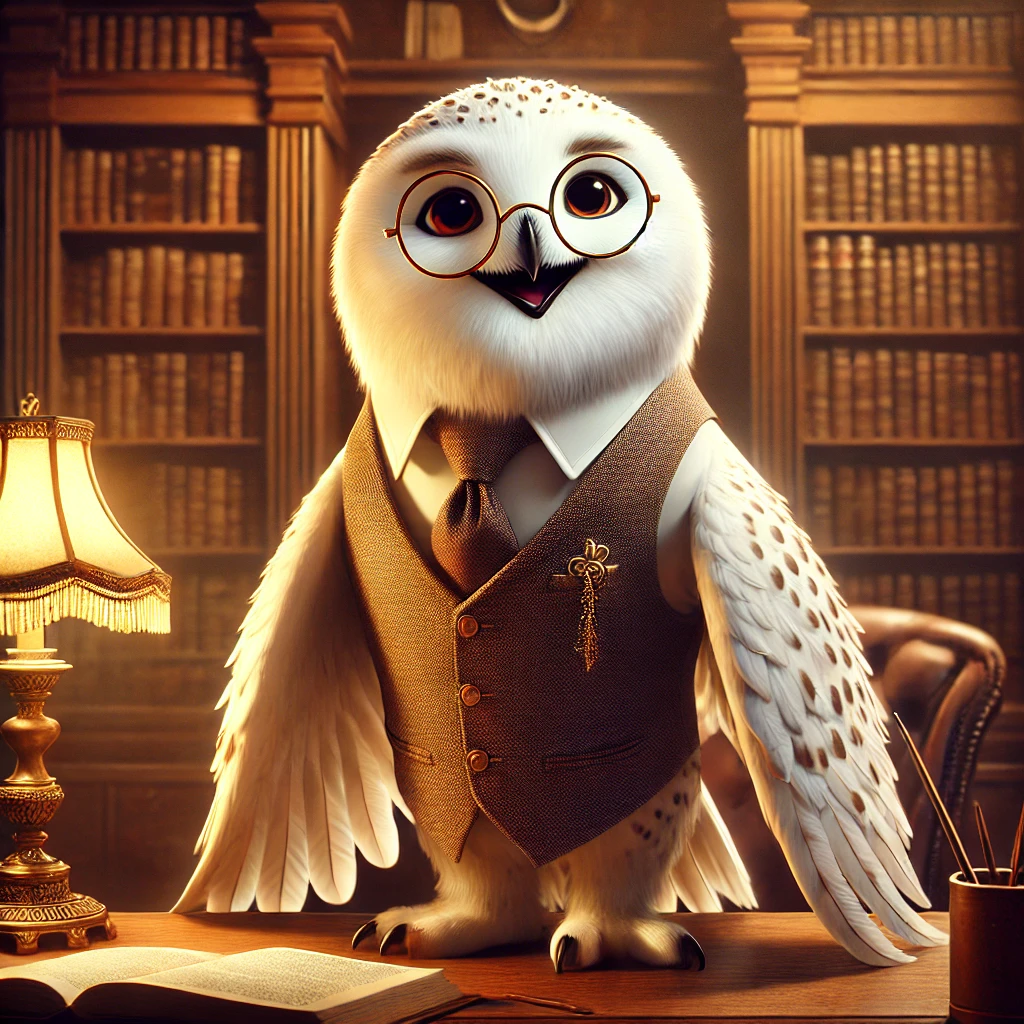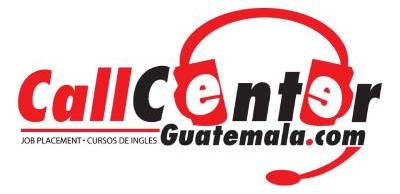Strategies 3 and 4
🚀 Quick Reminder!
Welcome back! 🌟 Time to level up your reading strategies!
💡 You’ll complete 3 tests, each with 15 questions, focusing on:
✅ Predicting from Context 🤔 (Guess the answer before checking options!)
✅ Using Word Categories 🏷️ (Identify places, times, and names to eliminate wrong choices!)
- Read carefully and apply the strategies.
- Each test has 15 multiple-choice questions.
- Use the timer! ⏳ Click before you start to track your time.
✅ 13-15 correct – Outstanding! You’re ready for bigger challenges!
💪 10-12 correct – Great job! Just a little more practice to master it!
📈 7-9 correct – Good effort! Keep sharpening your skills!
🚀 Below 7 correct – No worries! Review the strategies & try again!
✨ Trust your instincts, recognize patterns, and eliminate wrong answers!
🔽 Ready? Let’s ace these tests! 🎉

Test Timer
15:00
“You’re doing amazing work so far! 🎉 Your reading skills are improving with every test! 🚀 Keep going—your next challenge is waiting! ✨”

Test Timer
15:00

“Bravo, star student! 🌟 You’ve done an outstanding job working through these exercises! I can see your sharp thinking and smart strategy use improving with every test.
📖 Keep going! Every question you answer strengthens your reading skills and helps you understand English even better.
🔎 Trust yourself! The more you practice, the faster and sharper you’ll become at predicting answers and recognizing key words.
🎯 Now, let’s continue to the next challenge! I believe in you—let’s ace it together! 🚀”
Test Timer
15:00


